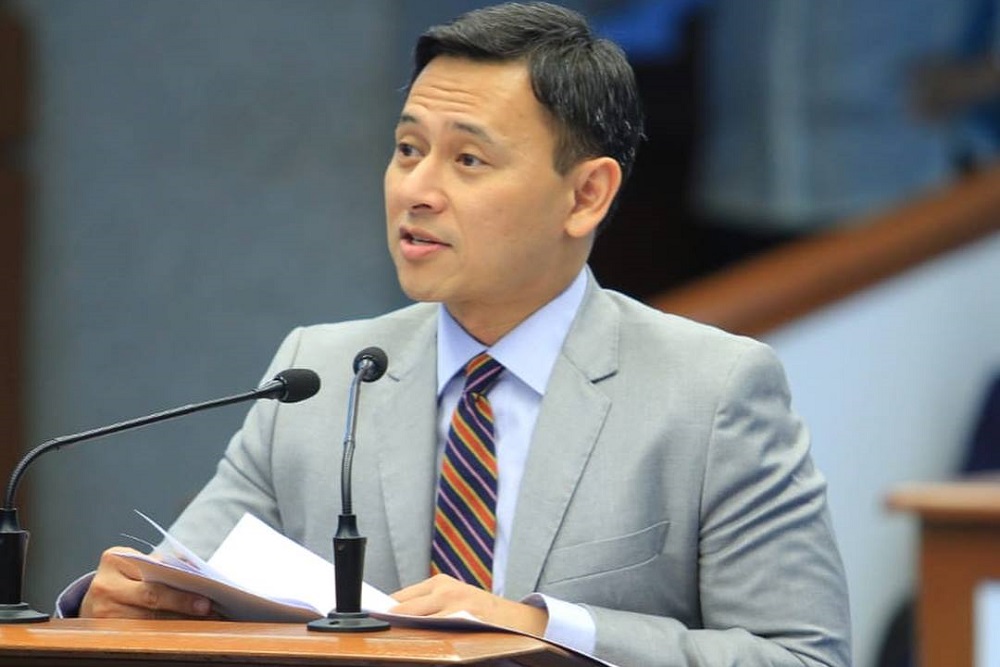Philippine Senator Juan Edgardo M. Angara, and five other senators, have filed Joint Resolution No. 10 before senate calling for the creation of the Congressional Committee on Education (EDCOM) to aid the government in its efforts to improve education in the country.
The Congressional Committee on Education (EDCOM) will compose of five members including Philippine Senators and members of the House of Representatives at the helm of administration.
Apart from Senator Angara, other Philippine senators who co-filed Joint Resolution 10, include Senate Minority Leader Franklin Drilon, Senators Sherwin Gatchalian, Grace Poe, and Joel Villanueva.
The EDCOM will be tasked to review, assess and evaluate the formal, non-formal, informal and alternative learning systems, including continuing operations of education at all levels.
The Philippine senators filed the joint resolution after the country’s embarrassing performance in the recently concluded Program for International Student Assessment (PISA).
According to the Philippine senator, there is the need for emergency action as the results of the 2018 PISA saw the Philippines at the bottom of 79 countries who participated in reading literacy, mathematics and science literacy.
Sen. Angara stated:
A lot has been done to improve the country’s educational system over the years but it has become apparent that we need to do more to put us at par with the rest of the world.
Philippine senators proposed EDCOM
The proposed new EDCOM by the Philippine senators will come up with a report on its findings, including short and long-term policy and program recommendations.
The chairpersons of the Senate Committees on Basic Education, Arts and Culture and on Higher, Technical and Vocational Education and the chairpersons of the House Committees on Basic Education and Culture and Higher and Technical Education shall serve as co-chairs of the EDCOM.
The EDCOM will have three years to complete its mandate.
The first EDCOM
The first Congressional Committee on Education (EDCOM) was launched through the Joint Resolution No. 2 passed by Congress in 1990 during the administration of Corazon Aquino.
The Committee on Education was then headed Angara’s father, former Senate President Edgardo Angara, the EDCOM came out with a report entitled “Making Education Work, An Agenda for Reform” that paved the way for the implementation of education reforms in the country.
Angara noted that there was a significant part of the first EDCOM that was not acted upon such as the creation of a permanent National Coordinating Council for Education to harmonize the policies and programs of the three education agencies and dovetail them to national development plans.
According to him, the demands of the workplace are constantly changing, and so are the challenges to education brought about by the Fourth Industrial Education.
He further noted that the fast pace of change across the globe is demanding shifts in our educational paradigms, away from content-centric learning to skills and outcome-based education.
Notably, twenty-five years after the first EDCOM report came out, challenges remain in the education sector that has yet to be addressed.
The net enrolment ratio for junior and senior high school in 2018 was at 81.4 percent and 51.2 percent respectively, while the completion rate of secondary students was only at 84.3 percent in 2017.
The basic education system still suffers from chronic shortages of teachers and classrooms, large class sizes and low levels of learning achievement.
TESDA has yet to fully implement the provisions of the Republic Act 7796 or the TESDA Act of 1994, particularly the devolution of TVET to local governments and industry.







